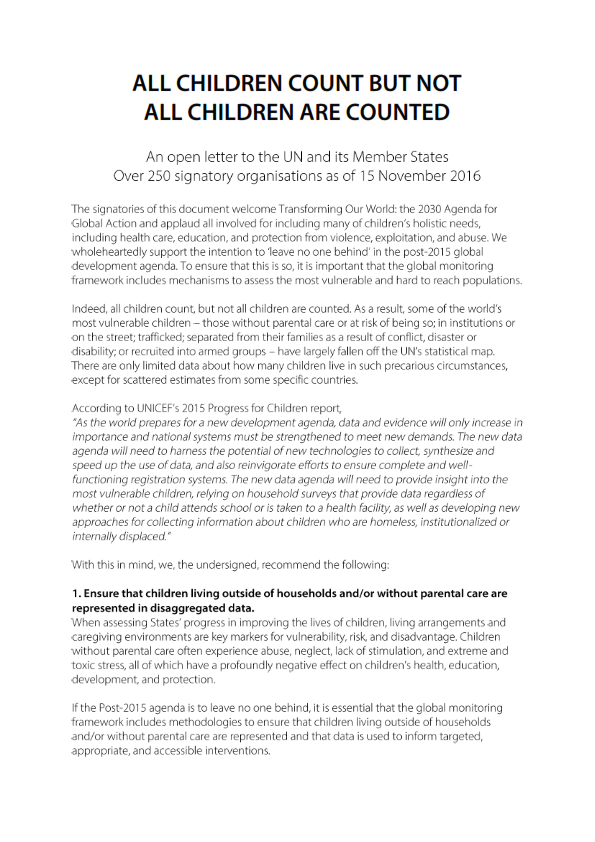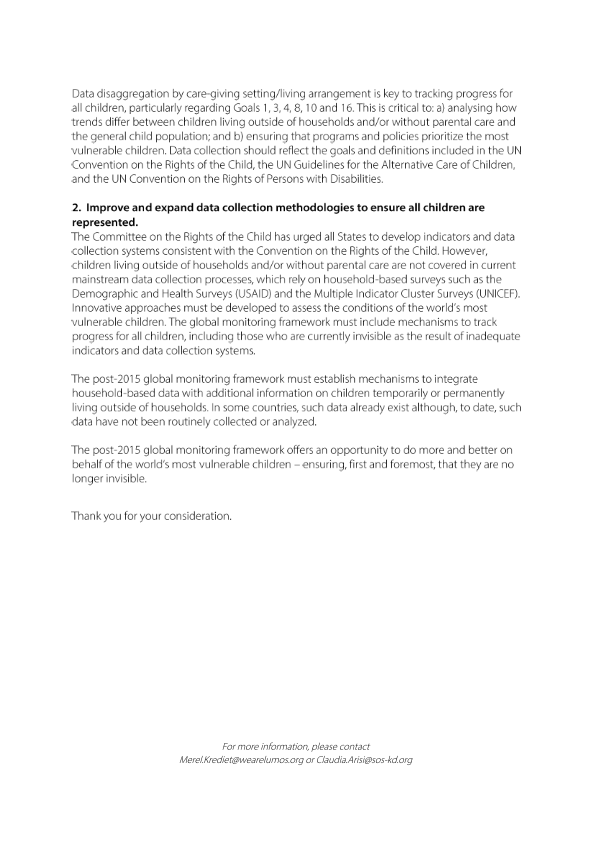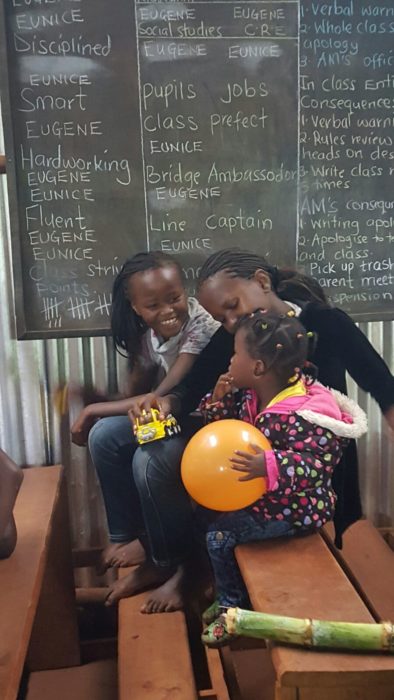



Do you have a burning desire to go abroad and make a difference? Ever thought of working with orphans in an orphanage? We know the feeling!
Good news is that the number of orphan children globally is on the decline. The bad news is that the number of orphanages appear to be on the rise. Research suggests that 80% of children in orphanages have one or both parents still alive. So what is leading to this increase? Unfortunately, the answer might be volunteers themselves – the very people who give up their time, with all good intentions, to work in orphanages.
The increasing number of orphanages in many developing countries has largely been correlated in recent years to volunteers travelling to orphanages. This practice is known as “orphanage tourism” or “voluntourism” and has lead to the unnecessary separation of children from their families for financial gain.
Stahili Foundation was established in response to this very problem. Co-founders Michelle and Laura travelled to rural Kenya, only to learn the majority of the “orphans” at the orphanage had a loving parent or community member that cannot care for them due to poverty. The orphanage was running as a for-profit business and children were a form of attraction for volunteers. Donors paid money and volunteers gave their time while children were being exploited and separated from families.

Similar accounts in numerous countries have sparked international campaigns by international organizations such as UNICEF and Save the Children, who discourage short-erm volunteer experiences in orphanages.
The international community has spoken clearly: in the event that it is absolutely necessary to remove a child from their parents, family-based solutions should be provided, and orphanages must remain last-resort solutions, and are to be used only in the short-term. Separation from family members can be extremely traumatic. The long-term effects on the emotional, psychological and physical well-being of children in orphanages can be very serious and often permanent.
Our very presence as short-term volunteers can also negatively affect child development and emotional well-being, causing attachment issues later in adulthood.
We urge you not to visit orphanages. Simply put, children do not belong in orphanages.
Does this mean that all volunteering is bad? Absolutely not. It does however mean that we must do our homework and consider how we can best make a difference.
Stay tuned for our upcoming blog about what to consider in order to volunteer responsibly.
This post is part of a series of cross posting with our colleagues at Aina: Regular People Changing the World (www.ainagiving.org). Stay tuned for next week’s post from Aina!